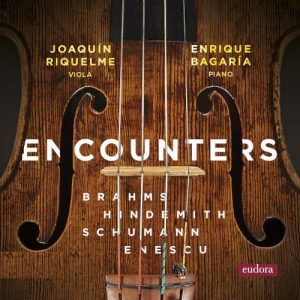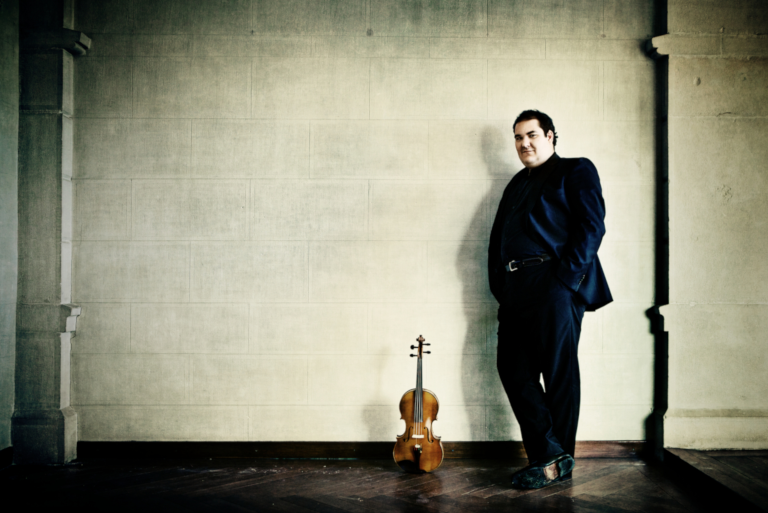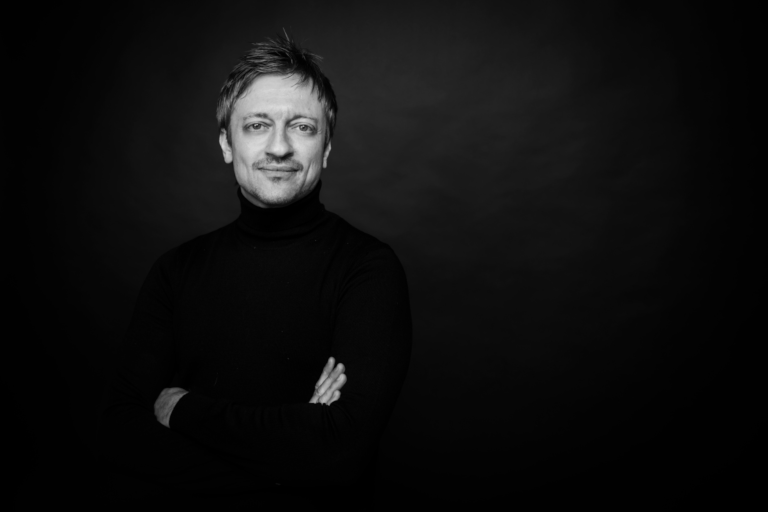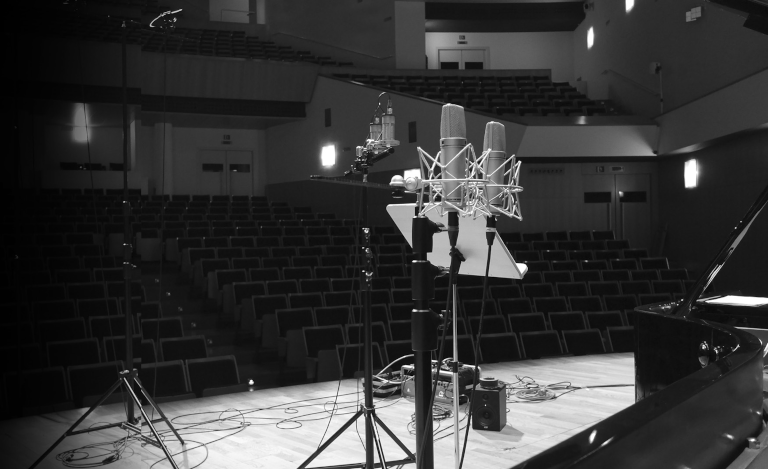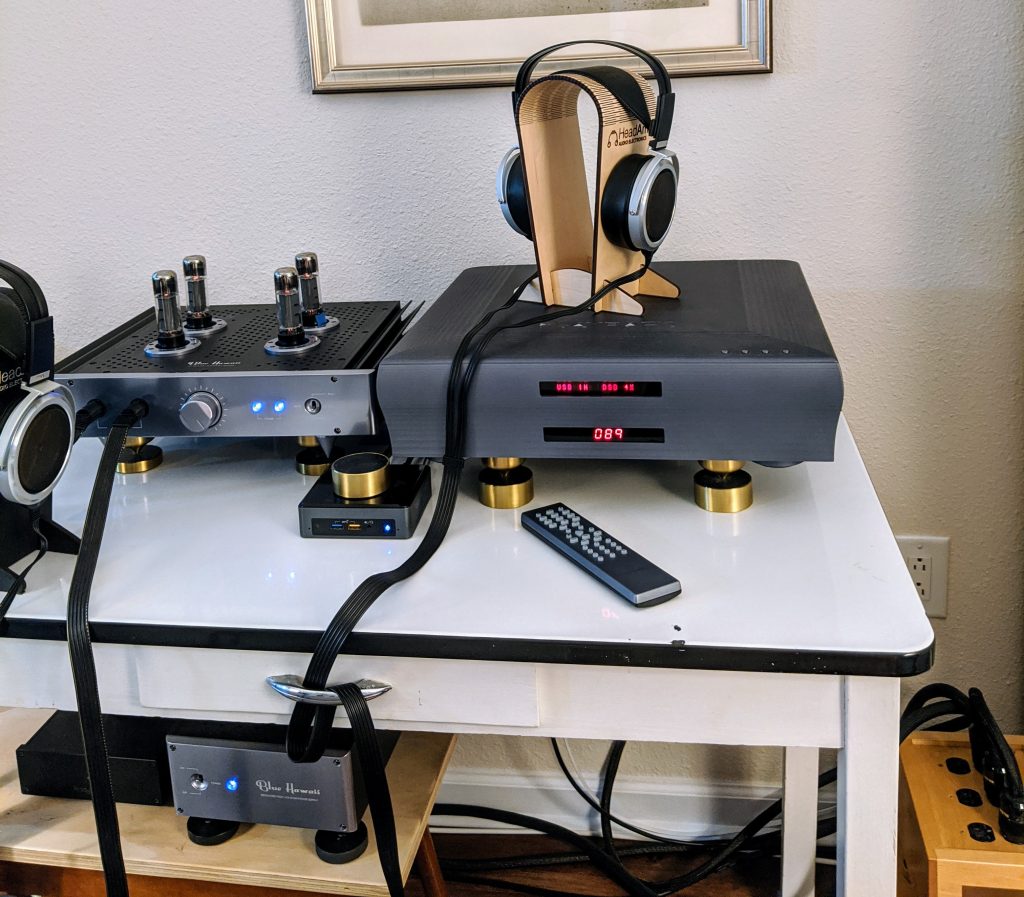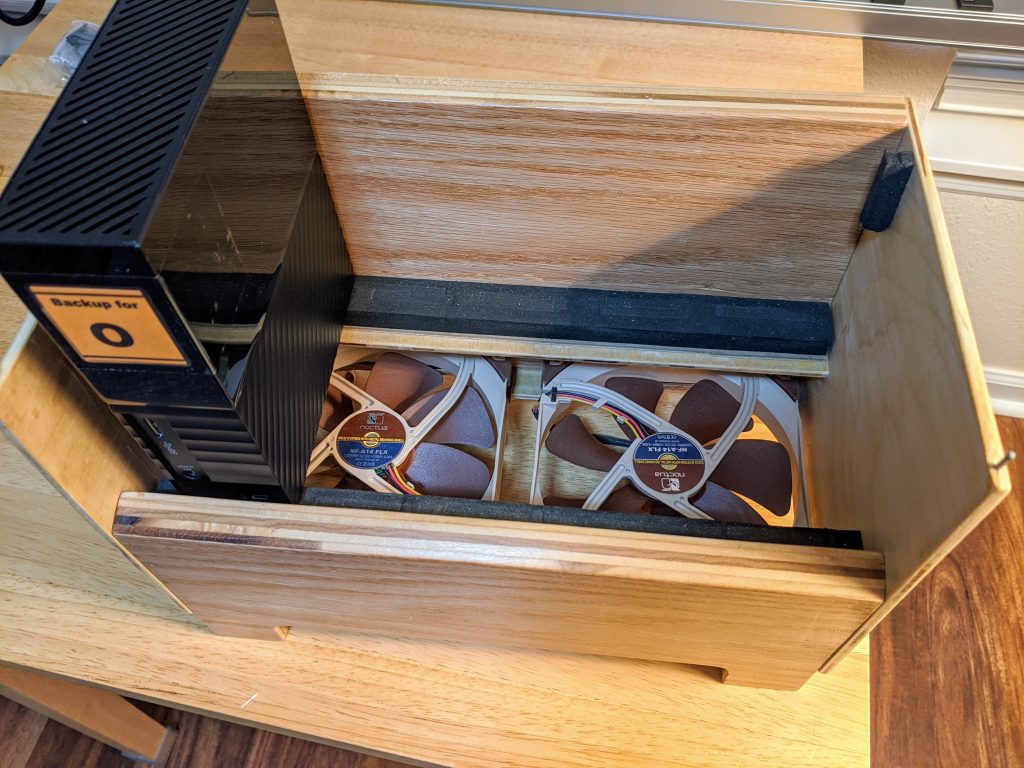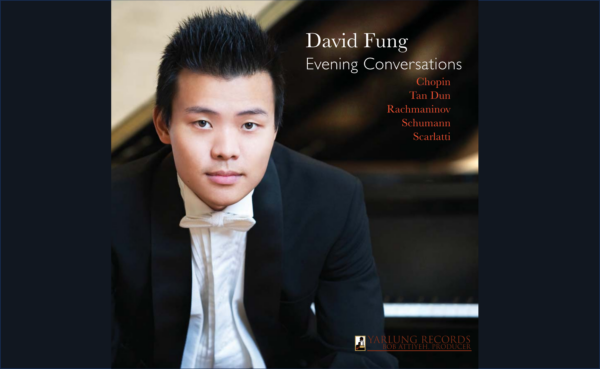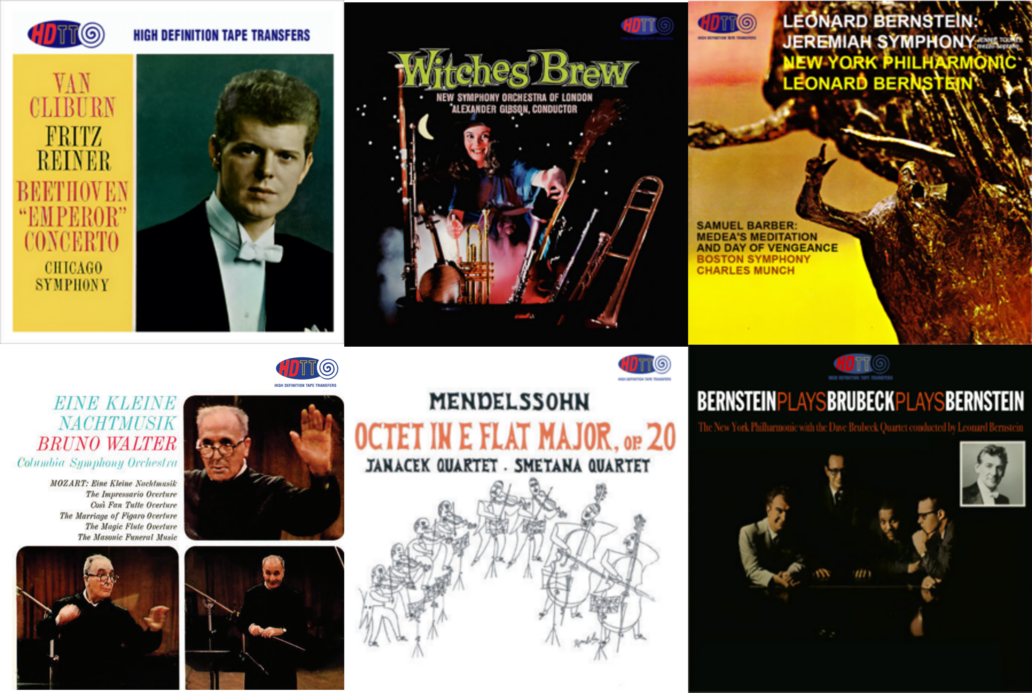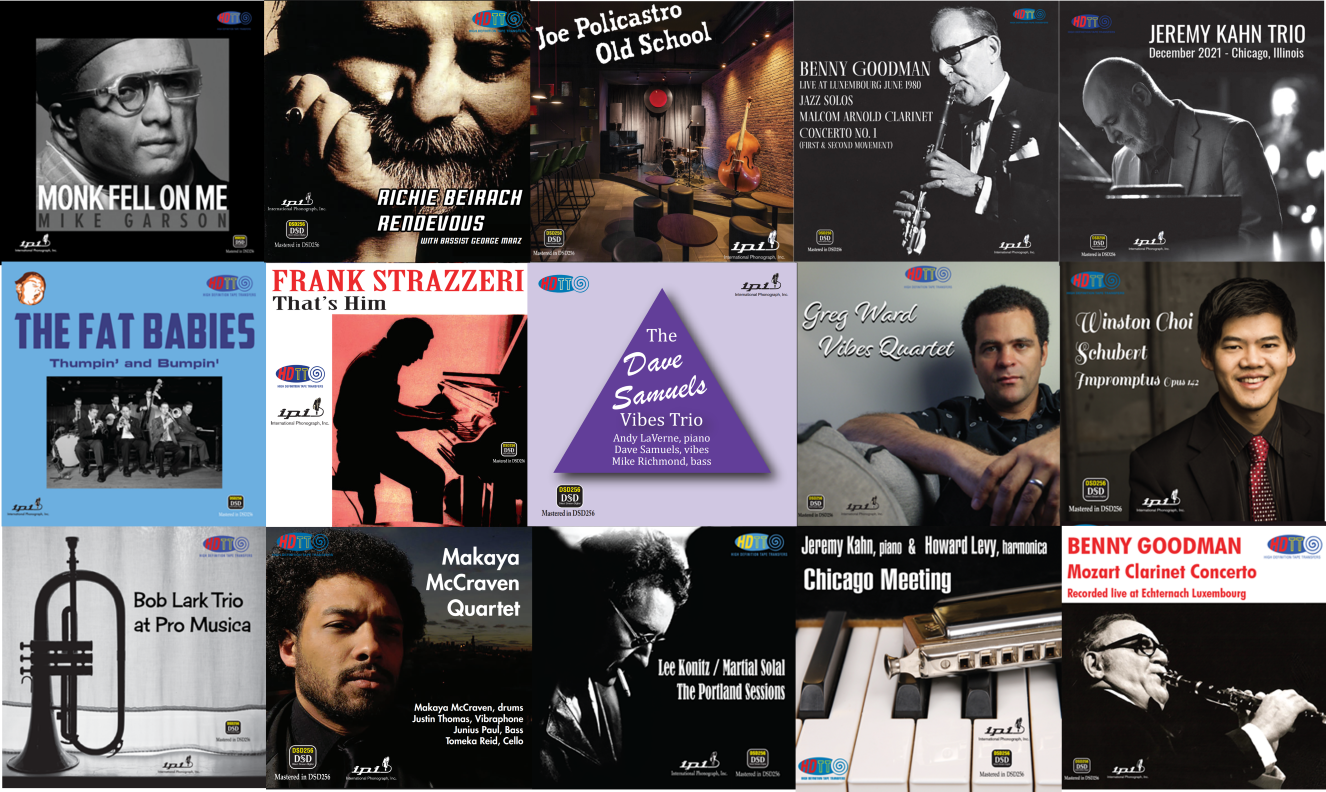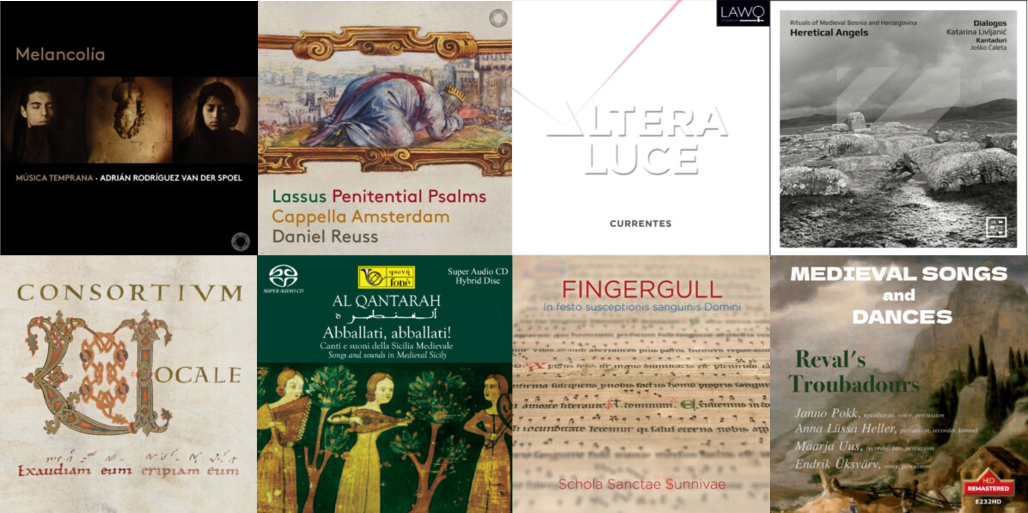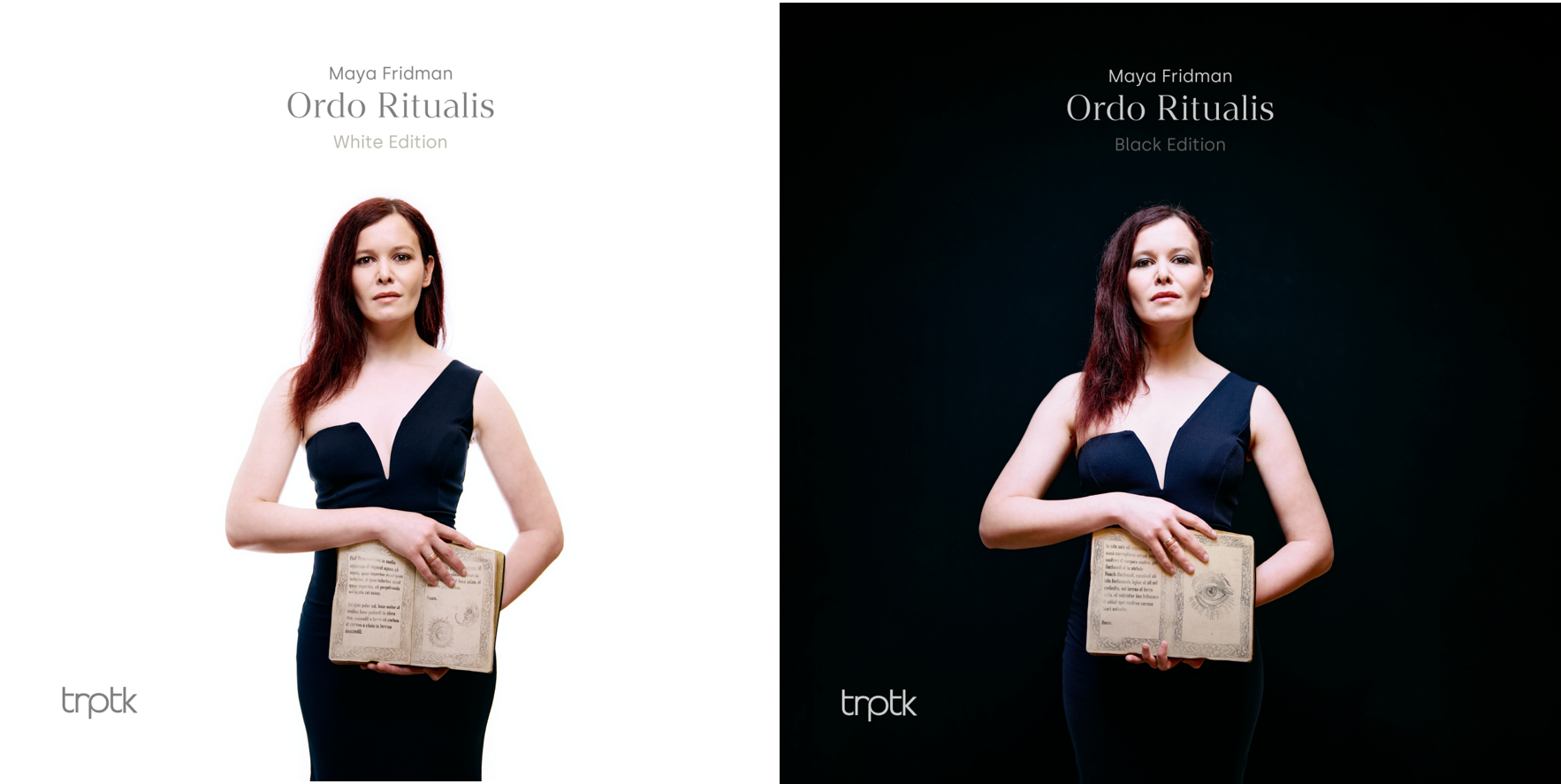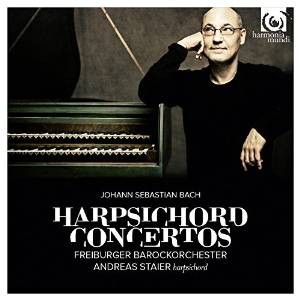Chamber music of Brahms and Schumann, how does it get any better? Well, you mix it with music of Hindemith and Enescu, add excellent musicians who perform all deliciously on viola and piano, and then capture the magic in a sterling recording. And thus you have a this exceptional release. I love music for the viola, and this recording tickles my fancies. Another outstanding recording by Gonzalo Noqué available in Pure DSD256. Luscious!
Encounters, Joaquín Riquelme, viola, and Enrique Bagaría, piano, Eudora Records (2021 (Pure DSD256) HERE
William Penrose famously explained the difference between the violin and the viola with this succinct reply: "The viola is a violin with a college education." In this one phrase, Penrose explained why he switched from playing the violin. The viola provides such great expressive range in its dark, warm, resonant sound.
As Pablo Rodríguez writes in the liner notes for this album, "The nature of the viola sound was shaped in the nineteenth century, when musical depth was prioritized over mere pyrotechnics and makers concentrated on the cantabile qualities of the viola’s middle register rather than higher positions and an excessive use of double stops or complex bowings." While this character did not lend itself to virtuoso display, it does provide for an emotional and contemplative range of expression that I find compelling.
Joaquín Riquelme and Enrique Bagaría are sympathetic partners exploring the music selected for this album. Both bring great expressive capabilities to their instruments, both approach the music with a deeply intelligent contemplation of what they seek to communicate. Their instruments are played with a richness of timbre that Gonzalo Noqué captures perfectly—resonate, slightly dark, fully rich.
Ann and I find it a great pleasure to hear such outstanding artists who have active teaching or performing lives, but who may not be so well known through the media. Such is the case with our artists here, so indulge me in sharing a bit more about each of them.
Joaquín Riquelme - Born in Murcia (Spain) in 1983, Joaquín began his musical education at the Conservatory of Murcia with Pedro Navarro and Antonio J. Clares, continuing his studies at the Royal Conservatory of Madrid (RCSMM) from which he graduated with honors. He has been a full member of the Berlin Philharmonic Orchestra since February 2010 and regularly appears as a soloist with other ensembles. An active chamber musician, he has performed with the Ensemble Berlin, Philharmonisches Oktett and Landsberg Sommerakademie at the Schwetzingen, Traunstein, Hohenstaufen and Musique à l’Emperi festivals. His chamber music partners include Emmanuel Pahud, Jörg Widmann, Christian Zacharias and Hartmut Rohde.
Enrique Bagaría - Winner of the María Canals International Piano Competition (Barcelona, 2006), Enrique Bagaría was born in Barcelona in 1978 and graduated in piano from the city’s Conservatorio Municipal. As a keen chamber musician, Enrique regularly collaborates with musicians from the Lucerne Festival Orchestra. He currently teaches at the Conservatorio Superior de Música de Aragón (CSMA) in Zaragoza and at the Conservatorio Superior de Música del Liceu in Barcelona.
Encounters opens with Brahms' Sonata in F minor, one of his final two chamber works. Originally written for clarinet, the music works beautifully for viola as heard here. Written in 1894 not long after the deaths of several friends, Brahms brings forth a work that is somber in expression and tinged in sorrow, "but also has the sweetness of a cherished memory." It ends with a lively Vivace filled with energy and joy. Altogether a work I've cherished for most of my life, presented beautifully in this recording. I could not ask for better.
Paul Hindemith's Sonata for Viola and Piano, op. 11, no. 4 from 1919 follows the Brahms. This work is from his very early period as his personal and very individual style began to emerge. It is still highly shaped by the Romantic era that precedes it, and it thus is very approachable and tonal. It is a part of a series of six chamber works for various string instruments (violin, viola, cello) all listed within his Opus 11. All of these are well worth seeking out if you're not familiar with them.
Here, we are treated with a sumptuous performance of the no. 4 for viola and piano which Hindemith premiered in June 1919. It is a complex work full of melodic invention, powerful energy and rhythmic variety. I can think of no better place than with this work to begin exploring Hindemith's music. And this performance serves it very well indeed.
The album concludes with Robert Schumann's languorously beautiful Adagio and Allegro, op. 70 and George Enescu's Concertstück, the latter being a work I'd not heard before (shame on me) and was very happy to be introduced.
Gonzalo Noqué gives us here yet another of his beautifully recorded Pure DSD releases. In this recording, he has selected microphones that complement, perhaps enhance, the warmth and resonance with which the artists play their instruments. The recording venue also sounds more reverberant than in some of his other recordings, or perhaps Gonzalo is intentionally capturing more of the ambience of the hall. All of this works decidedly well in creating a listening experience that works all the way around: music, performances, venue come together for a unique and immensely enjoyable listening experience.
Recorded February 5-6, 2019, at Auditorio y Centro de Congresos Víctor Villegas, Sala Narciso Yepes, Murcia, Spain, and released in 2021.
As noted, this is a Pure DSD release. The microphones go to a Merging Technologies Horus microphone preamplifier and AD/DA converter to be captured directly to DSD256. There is no additional PCM processing. No conversion to DXD. All final track editing and balancing is done in the DSD domain via the Signalyst HQ Player Pro 4 mastering tools.
Kudos to Eudora Records for another excellent release. Highly recommended!
All images courtesy of Eudora Records
For more information about Pure DSD recordings, see my recent article Pure DSD - What We Hear.




